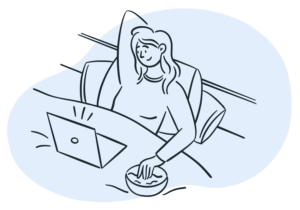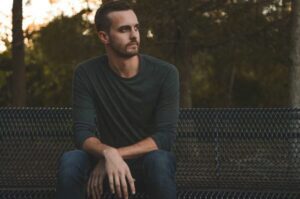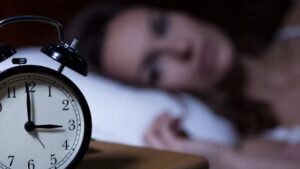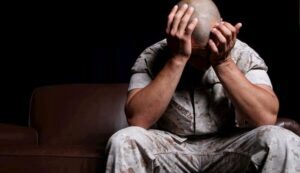Veteran Sleep Guide
Disclosure: By clicking on the product links in this article, Mattress Nerd may receive a commission fee at no cost to you, the reader. Read full disclosure statement.
Mattress Nerd consulted neuroscientist and sleep specialist Dr. Chelsie Rohrscheib to ensure this article met our editorial standards.
America’s veterans embody the ideals our country was founded more than two centuries ago. And we owe them a great debt for their service and immeasurable sacrifice. These brave men and women face stressful and difficult work situations that most of us can only imagine. Unfortunately, they lose a lot of sleep in the process. According to a report in the journal Clinical Psychology Review, one-quarter to more than one-half of U.S. military veterans report insomnia or insomnia-like symptoms.
The problem appears to be getting worse. According to a review published in the Annals of Internal Medicine, the number of veterans with diagnosed sleep disorders increased 6-fold from 2000 to 2010. But researchers say the number is likely much higher because sleep disorders are often not documented in medical records.
One of the major causes of sleep problems in veterans is post-traumatic stress disorder (PTSD), a condition that results when a person has difficulty recovering after experiencing or witnessing a terrifying event. PTSD affects as many as 30 percent of all military veterans, depending on the conflict and time the veterans served.
Some sleep disorders are more common among veterans, such as obstructive sleep apnea, insomnia, night terrors or nightmares, circadian rhythm disorders, and hypersomnia.
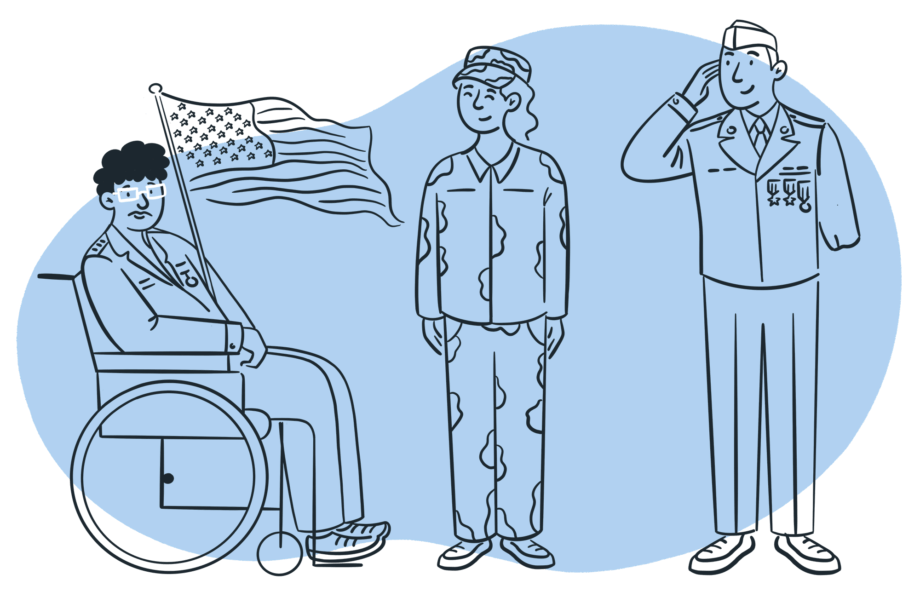
Common Sleep Disorders Among Veterans
According to research published in the journal SLEEP involving active duty military personnel and combat veterans, a surprising majority—85.1 percent—were diagnosed with a sleep disorder. Most reported sleeping less than six hours at night with more than 40 percent reporting sleeping five hours or less at night. Here are the most common causes for sleep disturbances among veterans:
Sleep Apnea
Obstructive sleep apnea is the most common sleep disorder reported among military veterans, affecting more than half (51.2 percent), according to the American Academy of Sleep Medicine (AASM). Sleep apnea is a potential serious sleep disorder in which breathing stops and restarts repeatedly during the night. Oftentimes, people with sleep apnea are jarred awake during sleep to gasp for air.
A study referenced in the journal Injury & Violence found that veterans with PTSD had a 7.6-fold greater risk for obstructive sleep apnea than the general public.
Insomnia
Insomnia is the second-common sleep disorder reported by military veterans, with 24.7 percent reporting problems falling asleep or staying asleep, according to AASM. Injury & Violence also reported that veterans with PTSD had a 6.3-fold greater risk of insomnia compared to the general public.
Night Terrors and Nightmares
Nightmares and night terrors (episodes of intense screaming, fear and flailing while asleep) are also a common occurrence among veterans. They are also one of the defining symptoms in individuals with PTSD. In fact, both insomnia and frequent nightmares are listed as diagnostic criteria for PTSD in the DSM-5, the standard manual for assessing and diagnosing mental health disorders.
Circadian Rhythm Disorder
Circadian rhythm sleep disorders occur when a person’s internal 24-hour clock, which regulates sleep-wake cycles and other body systems, falls out of sync. This can occur due to changes in sleeping patterns due to working irregular hours or having to stay awake for long periods of time, such as to be alert to the dangers of combat. It is not upcoming for veterans to experience ongoing irregular sleep patterns well beyond military service.
Hypersomnia
Hypersomnia is characterized by excessive daytime sleepiness, with no underlying medical conditions, despite getting enough sleep at night. It is often associated with depression as well as PTSD. In these cases, hypersomnia is sometimes identified as a strong urge to stay in bed caused by a lack of interest in participating in activities that used to be enjoyable. Sometimes brain injuries can interfere with the brain’s chemicals that affect sleep, leading to a condition known as post-traumatic hypersomnia.
Connection Between Physical Health and Sleep
Working-age veterans are more likely to report hearing difficulties, pain and other injuries compared to the general population, according to recent research. Often, these conditions can have a negative impact on sleep.
Tinnitus
Tinnitus is a common problem in older adults and the most prevalent disability among veterans, according to the Department of Defense. It is characterized by a ringing or other noises in one or both of the ears not caused by an external sound. Tinnitus can be the result of outer or middle ear disorders, allergies, perforated eardrums, trauma, or low blood pressure.
But the overwhelming common cause of tinnitus in veterans, as well as active duty service men and women, is noise exposure from things like IED blasts, long rounds of rifle fire, or even a long deployment in or around heavy equipment. People with tinnitus often have difficulty sleeping.
Chronic Pain
There are many causes of chronic pain including nerve damage, weight gain, congenital conditions, poor posture, a mattress that isn’t supportive enough, ordinary degeneration of the spine, or diseases like arthritis, osteoarthritis, or fibromyalgia. A major cause of chronic pain in veterans is severe injury, especially in those who also experienced PTSD and/or a traumatic brain injury, according to the British Journal of Pain.
Pain and sleep are closely related. Pain interferes with sleep—making it difficult to fall asleep, or jolting you awake during the night. Sleep deprivation also makes people more sensitive to pain, creating a seemingly never-ending cycle.
Traumatic Brain Injury
Traumatic brain injuries, or TBIs, are often the result of a hard blow to the head or a violent movement of the head. Most are caused by crashes, falls, sports-related injuries, and explosions or impacts from military service. Between 2000 and 2019, the Defense and Veterans Brain Injury Center identified nearly 414,000 TBIs in U.S. service members worldwide.
As many as 46 percent of people with a TBI suffer from sleeping problems, according to the journal Nature and Science of Sleep. This may be due to the brain injury itself. An injury can change the way the brain’s chemicals affect the process of falling asleep and waking up, a condition called post-traumatic hypersomnia. Brain injuries can also affect the ability to control breathing, contributing to sleep apnea. Another cause of sleep disturbance in people with TBIs may be due to medication.
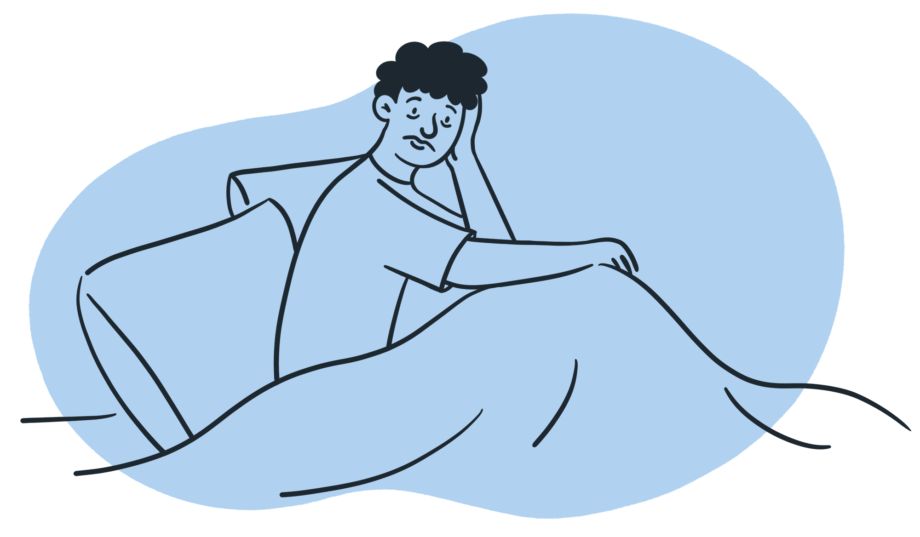
Connection Between Mental Health and Sleep
Insufficient sleep can affect physical health, increasing the risk for cardiovascular disease, obesity, and diabetes. But it can also impact mental health, causing or worsening anxiety and depression, and exasperating symptoms of PTSD.
PTSD
Post-traumatic stress disorder is an emotionally painful condition that can occur when someone experiences or witnesses a deeply distressing or disturbing event, such as a natural disaster, terrorist act, war, or a violent personal assault. PTSD also disproportionately affects military veterans. According to the journal Injury & Violence, the estimated prevalence of PTSD among veterans is 15-20 percent compared to 1-9 percent among the general population.
Veterans who suffer from PTSD experience symptoms such as severe anxiety and intense, disturbing thoughts and emotions associated with the trauma that lasts long after the event has ended. As many as 87 percent of PTSD sufferers report subjective sleep disturbances from conditions such as sleep apnea, insomnia, and nightmares.
Anxiety
Anxiety is a state of a heightened sense of arousal that usually occurs as a response to stress, such as when someone sneaks up behind you and startles you. But for some, anxiety can be triggered in non-stressful situations.
Severe anxiety is commonly associated with PTSD and can be triggered or aggravated by common PTSD symptoms such as flashbacks, nightmares, or uncontrollable thoughts about the traumatic event—conditions that also interfere with sleep.
Depression
Depression is a serious mental health condition that includes persistent sadness, feelings of hopelessness, and a loss of interest or pleasure in activities that were once enjoyed. A diagnosis of PTSD is often accompanied by a diagnosis of depression and can be a common response to a traumatic or stressful event.
According to a study in the journal Psychiatry Research, at least half of the people diagnosed with PTSD also experienced current or previous depression. Depression is associated with insomnia and hypersomnia—sleep conditions that can lead adversely impact sleep.
Substance Abuse
People who are struggling with anxiety, depression, and PTSD are more likely to self-medicate with drugs or alcohol and suffer from substance abuse disorders. Veterans are at greater risk for many mental health conditions and as a result, are at greater risk of having a substance abuse problem.
Overall, about 1 in 15 military veterans have experienced a problem with substance abuse in the past year compared to the national average of 1 in 11, according to the Substance abuse and Mental Health Services Administration.
People who abuse drugs and alcohol are more likely to suffer from sleep disorders such as insomnia and sleep apnea, leading to excessive daytime sleepiness. This lack of sufficient sleep can fuel drug and alcohol cravings, according to the National Institute on Drug Abuse.
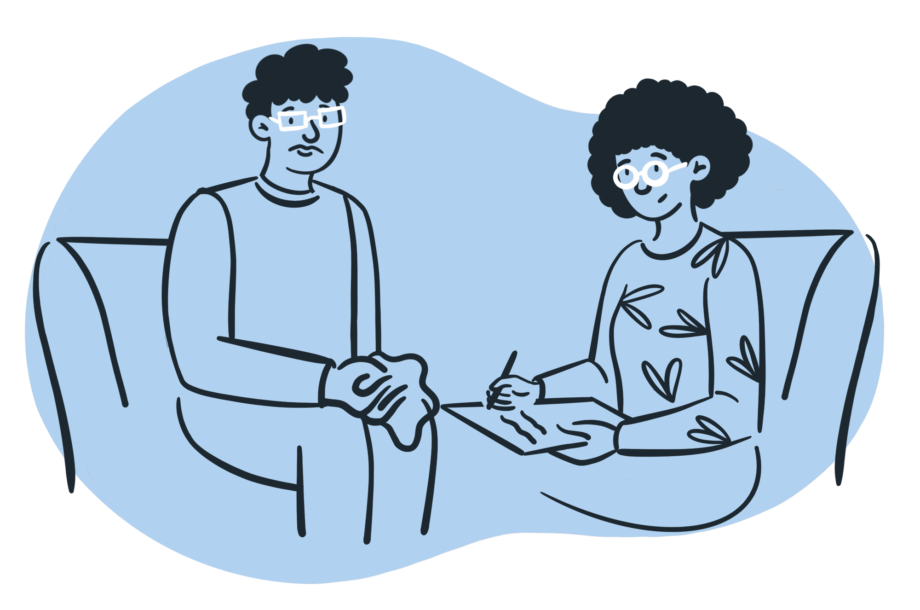
Treatment Options
There are a variety of treatment options for veterans suffering from insufficient sleep.
Cognitive Behavioral Therapy
Cognitive-behavioral therapy, or CBT, is a form of psychological treatment that has been shown to be effective at treating anxiety, depression, PTSD, and substance use disorders. Treating underlying emotional and mental problems can improve sleep.
Therapy Dogs
A growing body of evidence shows that specially trained service dogs can reduce stress and anxiety levels, mitigate depression, and provide comfort for veterans with PTSD and/or traumatic brain injuries.
Light Therapy
Light therapy is a treatment for depression and other conditions that involves exposure to daylight or equivalent form of light such as a light box. It is thought that light affects brain chemicals linked to mood and sleep, which helps ease symptoms of anxiety and improve sleep.
CPAP Machine
Continuous positive airway pressure, or CPAP, therapy is a treatment method for sleep apnea. CPAP machines use mild air pressure to keep the airways open so an individual can sleep without apnea attacks. CPAP is a proven therapy for apnea patients, but it may also help those with PTSD. A case study involving a 42-year-old veteran with PTSD and obstructive sleep apnea who underwent CPAP therapy reported an improvement not only in sleep apnea episodes and sleep quality, but also a reduction in PTSD symptoms.
Medication
There are plenty of over-the-counter (OTC) and prescription medications available to help people fall asleep and stay asleep during the night. Some OTC options include a synthetic version of the sleep hormone melatonin and sleeping pills that contain the antihistamine diphenhydramine. Prescription medications include sleep aids like Ambien; anti-anxiety medicines like Xanax and Klonopin; as well as antidepressants. Be sure to discuss with your doctor before trying OTC sleep aids as they may interfere with the medication you are already taking. If OTC products do not improve your sleep, talk with your doctor about whether you are a candidate for prescription sleep aids.
Circadian Rhythm Therapy
When your lifestyle or mental health problems disrupt your sleep-wake cycle, it can throw your circadian rhythm off balance. Circadian rhythm therapy, such as bright light therapy, can help. Just as the setting sun triggers your brain to release melatonin so you begin to feel sleepy at night, the rising sun tells the brain to wake you. Bright light therapy, or phototherapy, involves exposure to light, such as a full spectrum lamp at 10,000 lux or portable visor at low light intensity. This exposure at specific times of the day can reset the circadian clock so you can feel sleepy and fall asleep easier at night.
Additional Resources for Veterans
Veterans are more likely than the general population to suffer from mental health and physical health problems. They are also more prone to sleep disorders that fragment sleep. There are plenty of resources available to help veterans find relief from their physical and mental health issues so they can get a good night’s sleep.

Dr. Chelsie Rohrscheib is the head sleep specialist and neuroscientist at Tatch. She has a Ph.D in neuroscience with a specialist in sleep science and sleep medicine, and has worked in the field of sleep research and consulting for over a decade. Chelsie’s interests include the genetics of sleep and sleep disorders.

